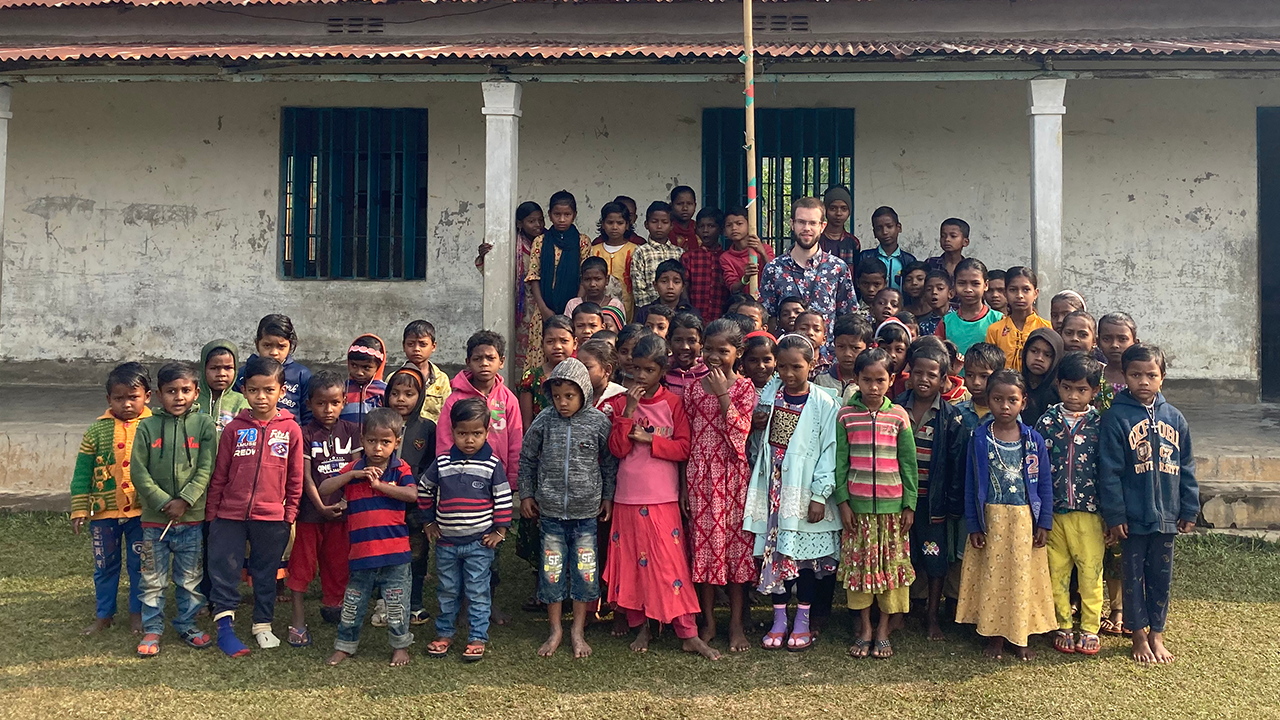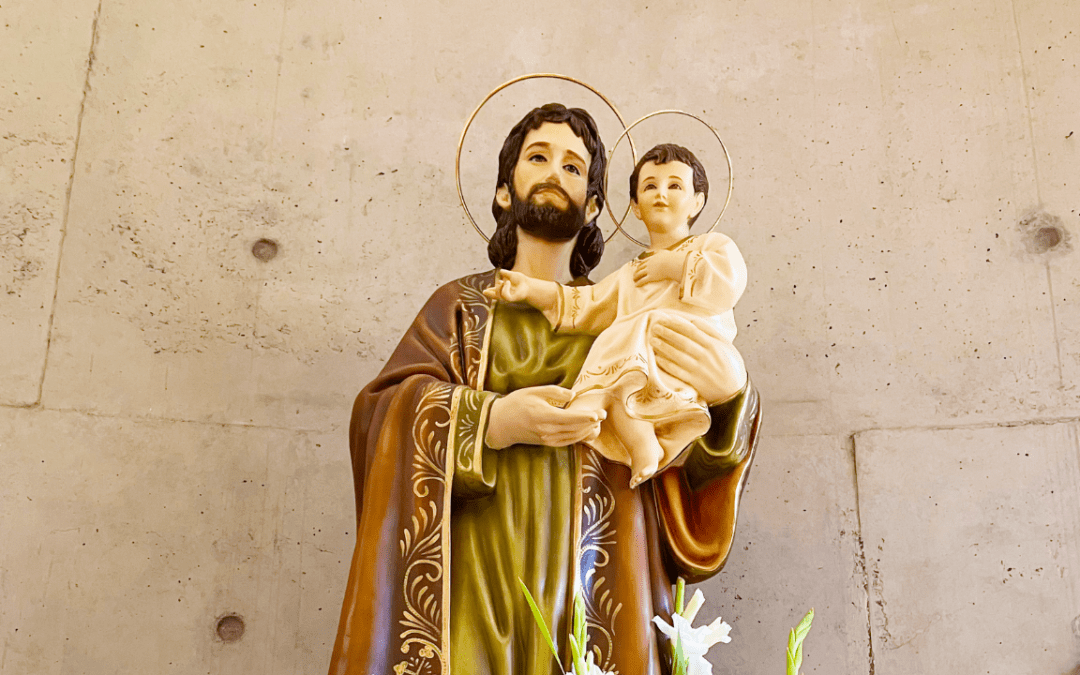A common stereotype of the poor, both East and West, is that they are always looking to get something out of you, that they will always be asking for help, especially financially. Before almost every single one of my stays in villages, multiple Bangladeshis (sometimes religious, other times parishioners) would warn me not to give anything to the poor in the villages. They told me that they would most certainly ask me for financial help since I was a foreigner. I was warned that many times the people asking for help were not telling the whole truth about their situations and that giving money to them could do more harm than good and negatively impact my stay in the village.
Since I was completely new to the cultural setting, I took these words as Gospel truth, and I prepared myself to be firm about my purposes in going to the villages. All of those who were giving me such advice were genuinely concerned about me as a foreigner staying for weeks at a time in impoverished villages. And to some limited extent, they were right.
However, in another respect, the advice I had received was totally out of touch with reality. During many of my village visits, absolutely nobody asked me for any sort of financial support or guidance. The people were gracious in hosting me and were more concerned with developing a relationship with me through meals, conversation, prayer, and activity. Only a few ever made any serious hints that they would like some financial assistance.
But one village visit in particular stuck with me in this regard. Early in my stay in Nasimabad (a tea garden village) a number of people noted the particular challenges their families faced financially and indicated that they were in need of help of some kind. But every single one of those families concluded by say, “Brother, before you do anything to help my family, Monti’s family needs the most help.” Aware of their own needs and the opportunity to present them before somebody else, every single family instead highlighted the dire poverty of this other family that lived in their midst.
What was remarkable about this goes beyond the humble recognition that others might be in greater need than themselves, as Monti’s family was an ethnic minority within the Christian community of this village. While some 90% of the Christians in Nasimabad were Mandi (sometimes called Garo), Monti’s family descended from a different ethnic group, one based out of Jharkhand or Odisha in India. Often these ethnic lines formed barriers even within the Christian community; but that was not the case in Nasimabad. Everybody saw Monti as one of their sisters in Christ and treated her poverty as though it were their very own.
In the parable of the Good Samaritan, a part of the surprise is that an outsider, a Samaritan and not a member of the Jewish community, is the one to respond to the needs of the Jewish man beaten by robbers. In a sense, the people of Nasimabad offered me an inverted image of the Good Samaritan – an image flipped in the roles of who is the outsider and who is on the inside, but still radically true to the love of Christ. Instead of the outsider reaching out to help somebody from the inside crowd, in Nasimabad, the inside community put the needs of a perceived outsider before their own. In a world consumed with getting ahead and placing one’s own needs before anybody else’s, the Nasimabad community witnessed for me the way of the Good Samaritan. Despite their own needs, they took a risk trusting in the Providence of God by placing the needs of a perceived outside member of the community before their very own.
Published on November 29, 2023




